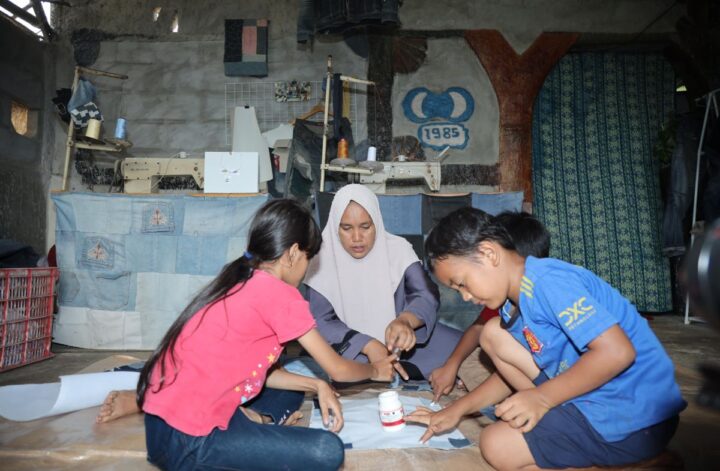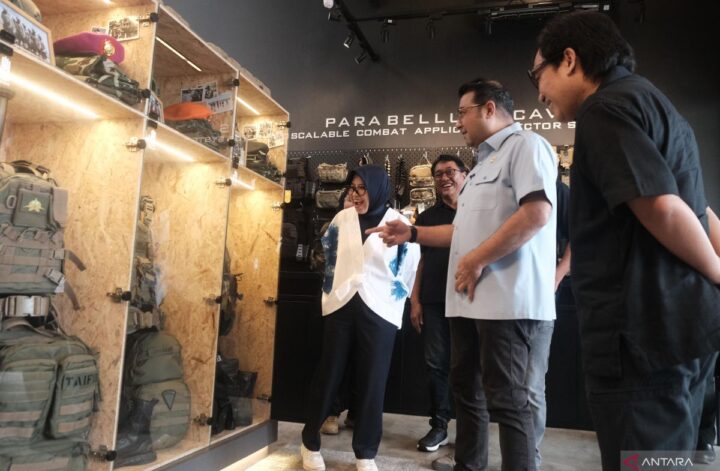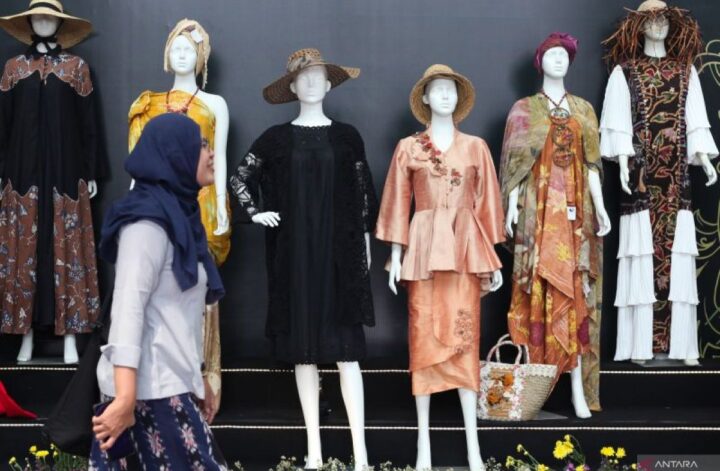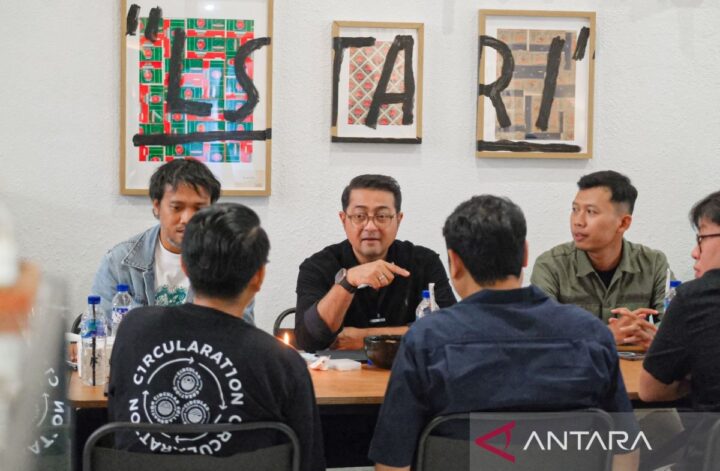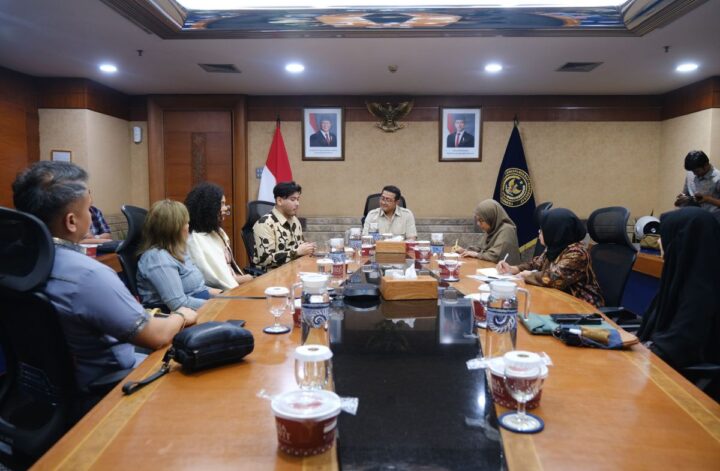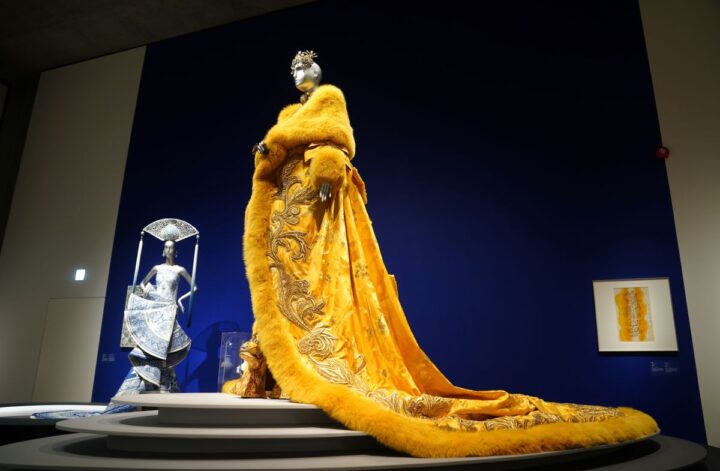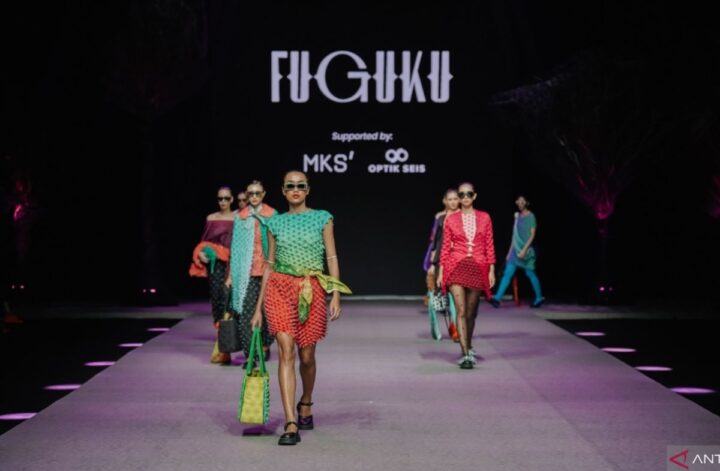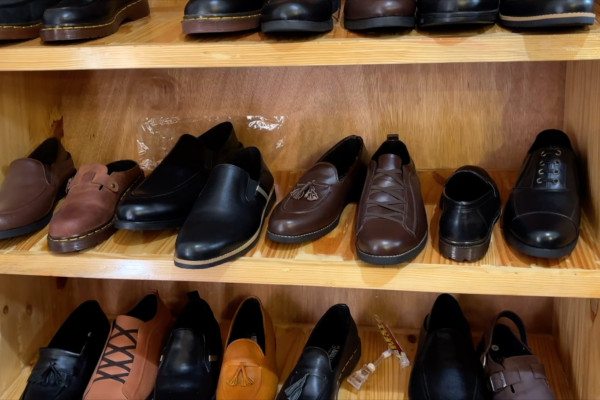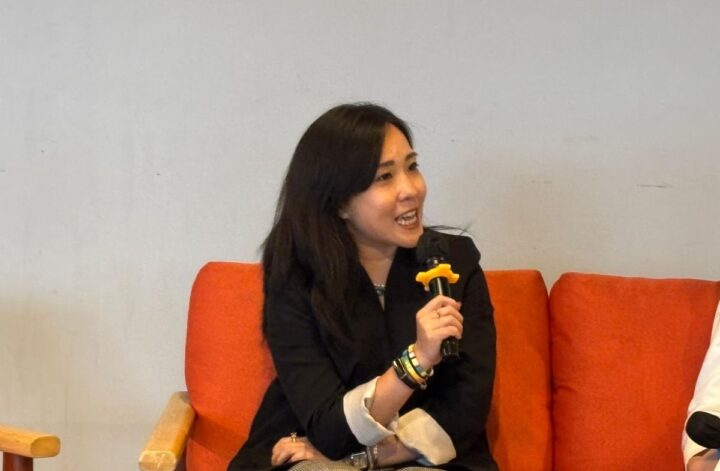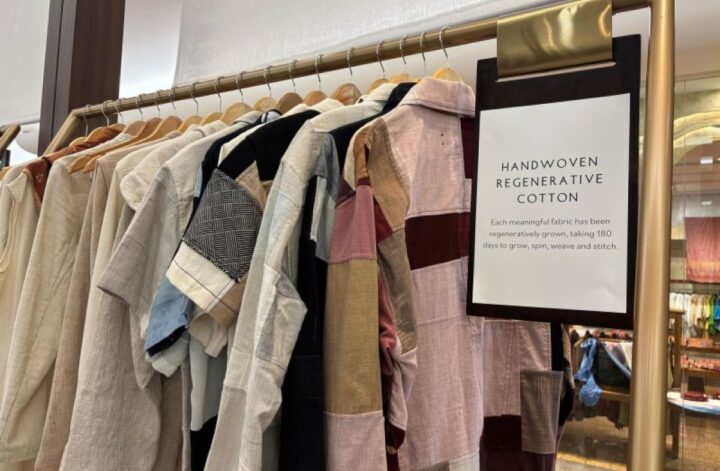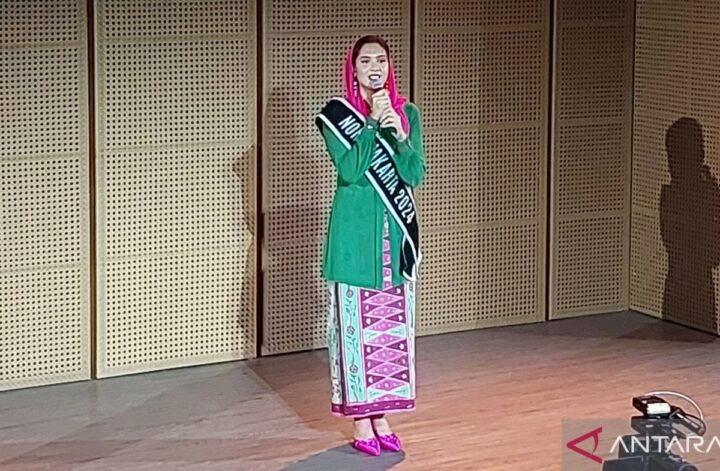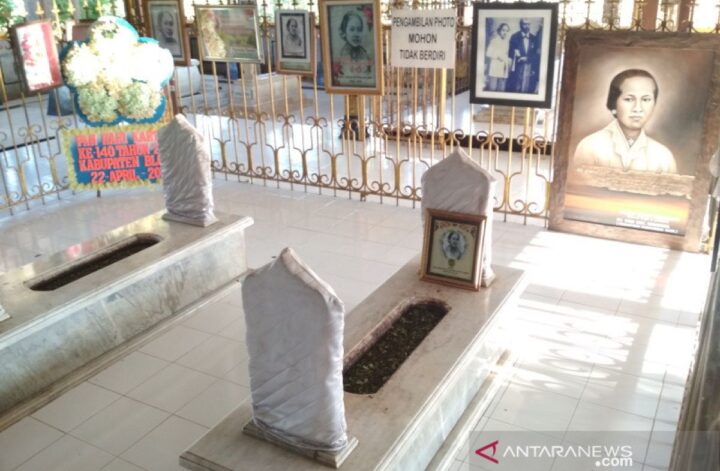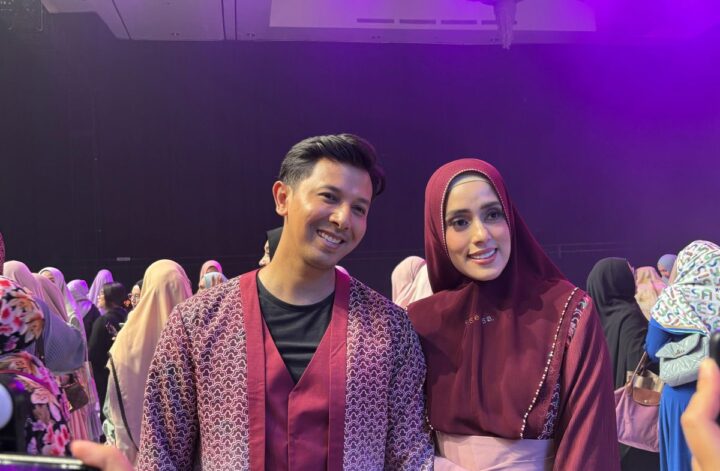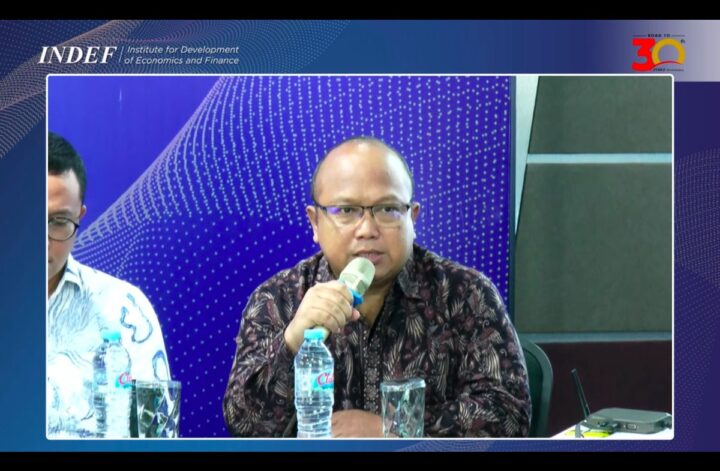Crocs, merek alas kaki yang dikenal dengan desain yang nyaman dan unik, telah kembali dengan koleksi ikonik mereka yang disebut Bae Clog. Bae Clog adalah salah satu model Crocs yang sangat populer di kalangan pencinta fesyen dan kini telah kembali dengan tampilan yang lebih fresh dan menarik.
Dikenal dengan desain yang simpel namun stylish, Bae Clog adalah pilihan yang sempurna untuk mereka yang ingin tampil trendy namun tetap nyaman sepanjang hari. Desainnya yang klasik dengan strap di bagian belakang membuatnya sangat mudah dipasang dan dilepas, sehingga cocok untuk dipakai dalam berbagai kesempatan.
Dipersembahkan dalam berbagai pilihan warna yang menarik, Bae Clog Crocs kembali dengan sentuhan modern yang membuatnya semakin diminati oleh para pencinta fesyen. Mulai dari warna-warna cerah seperti pink dan kuning hingga warna-warna netral seperti hitam dan putih, koleksi Bae Clog Crocs menawarkan beragam pilihan yang dapat disesuaikan dengan gaya busana Anda.
Selain desainnya yang menarik, Bae Clog Crocs juga tetap mempertahankan kenyamanan yang menjadi ciri khas dari Crocs. Terbuat dari bahan berkualitas tinggi yang ringan dan fleksibel, Bae Clog Crocs memberikan dukungan yang optimal bagi kaki Anda sehingga Anda dapat beraktivitas sepanjang hari tanpa merasa lelah.
Tidak hanya itu, Bae Clog Crocs juga mudah dirawat dan tahan lama, sehingga Anda dapat menikmati keindahannya dalam jangka waktu yang lama. Jadi, jika Anda mencari alas kaki yang stylish, nyaman, dan tahan lama, Bae Clog Crocs adalah pilihan yang sempurna bagi Anda.
Jadi, jangan lewatkan kesempatan untuk memiliki koleksi Bae Clog Crocs yang ikonik ini. Dengan desain yang trendy dan kenyamanan yang tak tertandingi, Bae Clog Crocs akan menjadi pilihan yang tepat untuk melengkapi gaya fesyen Anda. Ayo segera dapatkan Bae Clog Crocs dan tunjukkan gaya Anda dengan percaya diri!


















